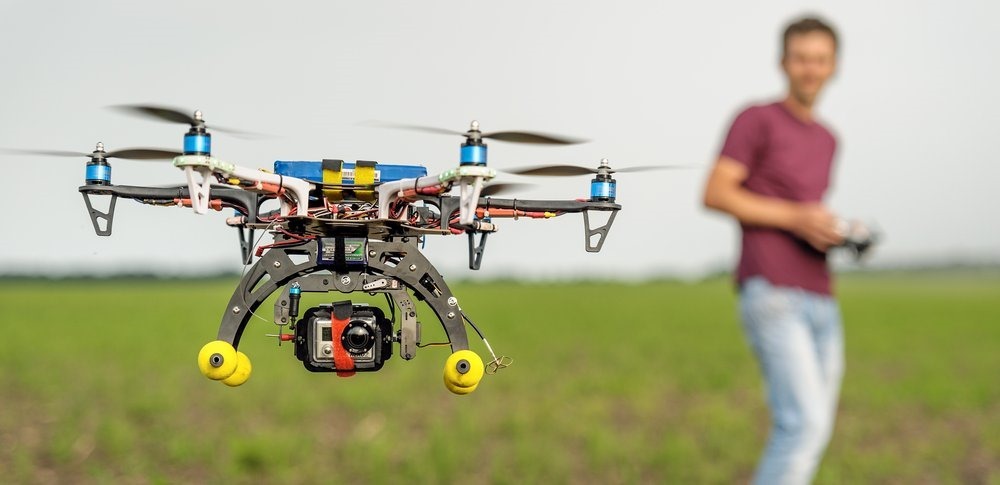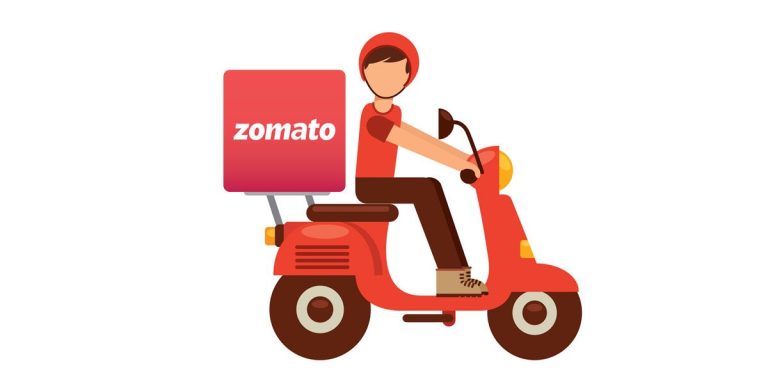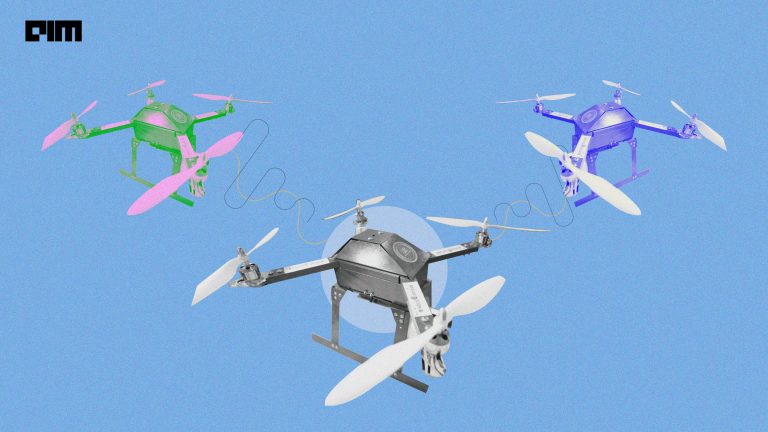After India’s directorate general of civil aviation (DCGA) brought out regulations on drones last year, it was a major breakthrough. Then, for a while, the policy on drones had been stalled until May 2019 when the government asked for invitations on proof of concepts around the technology.
Now, in a major move to expedite the use of drones in the country, India’s DCGA has finally approved seven companies to present POCs for beyond visual line of sight (BVLOS) drone activity. According to a report, the companies are Zomato, Swiggy, Dunzo, Zipline, Redwing, Tata Advanced Systems and Honeywell, which together form an expert consortium leading the long-range drone experimentation for commercial applications in India.
DCGA first invited companies for BVLOS applications in May this year and out of 34 companies, seven have been shortlisted. DCGA has reportedly asked for more technical details from the aforementioned companies to give them a final nod for conducting experiments.
Proof of Concept To Evaluate Drone Safety Measures
Proof of Concept (POC) for safe BVLOS Operations will be carried out at low altitudes to determine their safety in commercial uses, according to DCGA’s invitation. The commercial applications of Beyond Visual Line Of Sight (BVLOS) drone operations include inspections, monitoring, surveying, mapping, precision agriculture, delivery, search and rescue and disaster relief. With a wide range of useful applications, drones can transform India with its impact on commerce and social good.
Remotely Piloted Aircraft Systems (RPAS) from consortia members will conduct extensive experiments for BVLOS operations in low altitude across scarcely populated areas in for at least 2 months. They will then hand over the Proof of Concept (POC) to the authorities for evaluation. The drones will collect 3D maps, weather data, surveillance and telemetry data using sensors.
DGCA had earlier specified requirements for consortia members including the capability for autonomous operations, tolerate bad weather conditions, measurement of data using sensors, and compliance of set regulations for air traffic rules. Apart from this, DCGA had mentioned that the applicants for the POC must have the ability to gather and analyse experimental data, primarily for the purposes of safety. This will be to satisfy that drones hold no risk to the Indian population. The situation is made worse by unidentified drones entering the country over the borders, posing risk to national security.
Drone POCs: What It Means For India
Sensor data and imagery collected from drones hold immense potential for creating value in agriculture, weather, city planning, traffic management, mining, oil and gas. The technology will boost India’s AI strategy by generating tons of useful data. The government has already announced the project to digitally map the country using drones and using the data for artificial intelligence.
While a tremendous opportunity exists in unmanned drones, the government is concerned about the safety of the population. Drones are already a topic of national security, and before giving it a green light the government wants to ensure security standards. The current POC led by industry consortia will work to satisfy the safety demands and measure the impact drones can have on the country. Policies around risk management and traffic management are also being worked on, according to DCGA.
Overview
It seems the government’s vision of Digital Sky may finally come to life. The policy is clearly moving towards commercialisation of drones, which is great for all industries. In addition, tens of startups working in the drone sector can finally unleash the trapped value if regulation is finalised. Until then, firms will have to stick with No Permission, No Take-Off — compliance.
The fact that DCGA selected India’s three major delivery companies- Zomato, Swiggy and Dunzo suggest the government is looking for the applications of drones in logistics and delivery services. Apart from that, Redwing and Zipline have been collaborating already with a few state governments in delivering drugs and medical items to remote locations.



















































































